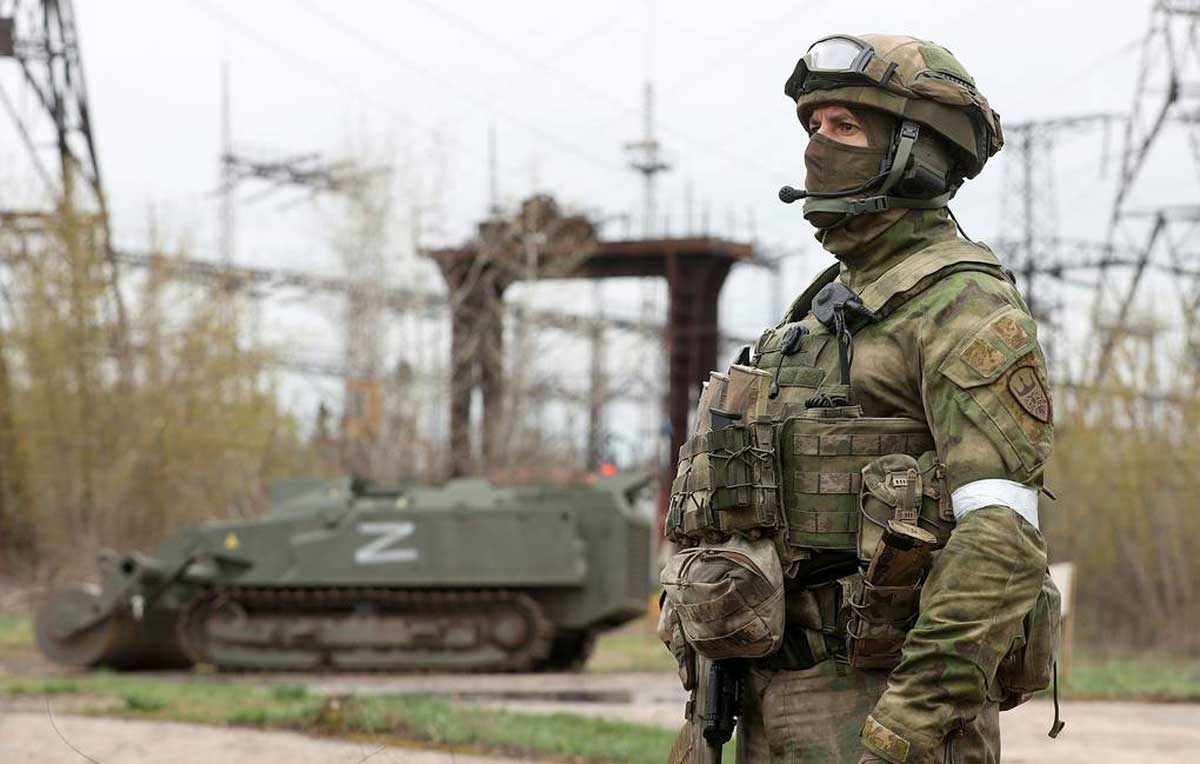BY NADIR ALI
Arguments about conflict are always depressing and, unfortunately, seem unavoidable. Throughout the history of human civilization, academics from a wide range of fields, including political science, theology, philosophy, and military strategy, have engaged in lengthy debates about this persistent problem. There has been a great deal of agreement on what constitutes morally acceptable conflict, which is captured in the idea of the “just war tradition.” But there is still much disagreement over how these principles should be applied to particular cases of armed conflict. A just war tradition analysis is necessary in light of the Kremlin’s attempts to justify its invasion of Ukraine, including baseless claims of genocide.
The world community reacted quickly to Russia’s military invasion of Ukraine on February 24, with Western states like the United States leading the charge and categorically denouncing the fighting as “Vladimir Putin’s war.” This calculated word choice had two purposes: it distinguished the Kremlin’s actions from the opinions of the Russian people and emphasized how serious the situation was. At first, optimism was widespread due to the conviction that the public would not support aggression against a neighboring state. But these hopes for popular resistance to the war inside Russia were quickly ruined by the harsh realities of geopolitical turmoil.
Alongside Russia’s aggressive actions against Ukraine, there have been attempts to use accepted exceptions to the prohibition against using force as justification for this heinous violation of international law. However, because the necessary prerequisites were not met, these efforts were doomed from the start. Nevertheless, Russia’s coercive actions against Ukraine and its subsequent military intervention blatantly violate established international legal norms. Moreover, claims made by Russia in order to defend the invasion—self-defense and group self-defense against two separatist areas of Ukraine—are scanned and eventually found to be false.
Though, an idealized narrative about the historical legacy of violence that has characterized much of Russia’s past is nurtured by the preferment of exceptionalism. It also maintains a sense of historical continuity by connecting the aspirations for imperialism of the Czarist and Soviet eras with the geopolitical environment of today, which is dominated by “Putinism.” One could argue that the main obstacle to the achievement of lasting peace in Europe is the deeply ingrained imperialist mindset among Russians. In the event of a military defeat in Ukraine, Russian expansionism will remain a persistent challenge until the Russians face up to their country’s long history of imperial aggression. This accounting is necessary if Russia is to move past its past and reconnect with the international community as a contemporary, accountable player on the world stage, even though it is unquestionably a difficult task full of obstacles.
The clash of two strong powers, symbolized by the Ukraine crisis, shapes the world order. Conversely, there is the United States’ long-standing claim of “primacy” or “hegemony” over every other country. Several international leaders, particularly Presidents Putin and Xi, have voiced their satisfaction with what they perceive to be the demise of the Western bloc and the US government, particularly in the aftermath of the 2008 North Atlantic financial crisis. However, the most vital aspect of the US response to Russia’s incursion is the determined way the US has gathered support from other Western states—notably Western multinational corporations—in order to shun a well-known G20 member state and former G8 member.
On the other hand, China is currently reevaluating its viewpoint regarding the alleged waning of Western power while closely monitoring the events in Ukraine and the geopolitical maneuvers carried out by the US and NATO at the same time. Beijing might be encouraged to develop stronger ties with Moscow by such a recalibration. Also, Beijing must exercise caution, though, to prevent its overtures from unintentionally supporting the Kremlin to the point where Russia could rival China’s own goal of claiming dominance over the Eurasian landmass—a project that is already underway with the formation of infrastructure partnerships under the vast Belt and Road Initiative (BRI).
Eventually, the aggressive behavior of Russia towards Ukraine will cause tragedy for both the immediate target and the larger international legal system. In spite of many failures, the international legal order has strengthened tremendously since 1945 and developed into a complex framework of values and principles. Putin’s aggressive actions, nevertheless, have called into question a number of these fundamental principles. It seems that Russia itself, mired in the maze it has created, may end up being one of the main victims of this war.

No comments:
Post a Comment